Academic Staff
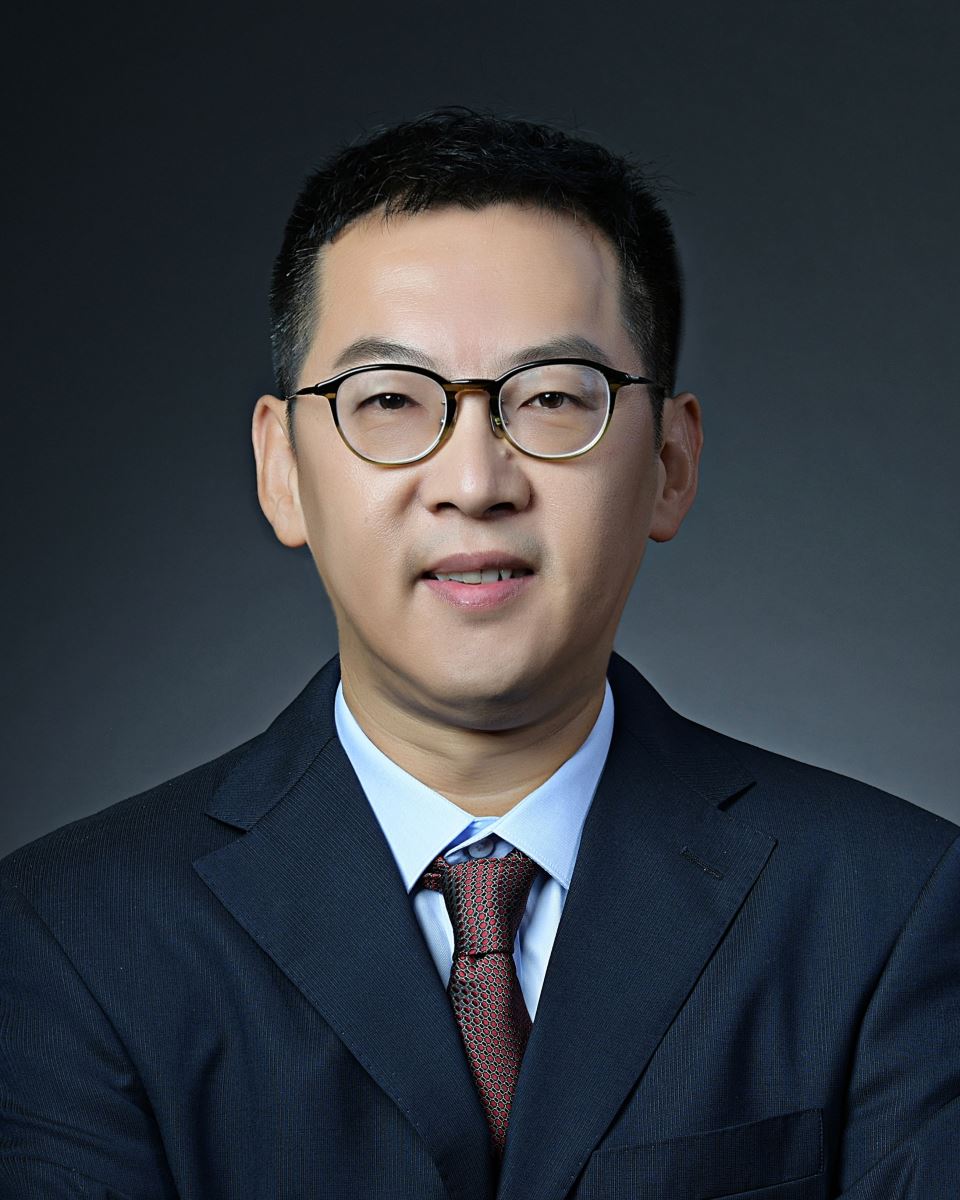
Xiaowei Shao
Professor
Titles: Dean of School of Sensing Science and Engineering, Deputy Director of the Ministry of Education Aerospace Science and Technology Engineering Center, Director of Institute of Intelligent Sensing and Control, Director of Distributed Satellite Systems Technology Laboratory
Affiliation: School of Aeronautics and Astronautics, School of Electronic Information and Electrical Engineering
Personal webpage: [university webpage], [Baidu Encyclopedia]
Research interests: AGI-based game evolution technology, precision formation design and control for satellite clusters, and intelligent cooperative planning and simulation for satellite systems
Brief introduction: In response to the major strategic needs of national science and technology development and security, through innovative research in basic science and core key technologies, leading national major scientific equipment demonstrations and project approvals, and achieving breakthrough scientific research results. By using advanced methods such as large model intelligent system adversarial game theory and technology, cluster networks and control, it has successively received support from various ministries and scientific research plans including the National Natural Science Foundation, the Military Science and Technology Commission, the Equipment Development Department, the National Defense Science and Industry Bureau, the High-Resolution Special Project, the 863 Program, and the Beidou and Deep Space Exploration Special Projects. Internationally, it was the first to propose methods such as globally optimal satellite formation analytic design and fuel-optimal high-precision satellite formation maintenance control. At the results appraisal meeting organized by the Ministry of Education, several academicians and domain experts unanimously appraised that “the satellite formation design and maintenance control technology is at an international leading level”, and it has been fully applied in China’s first precision formation satellite system “Tianhui II”, the first differential measurement satellite formation system “Lutan I”, and other 5 types of 12 equipment. The research results have successively been featured on CCTV, People’s Daily reports, and the front page headline of Shanghai Jiao Tong University, and were awarded one of the top ten scientific and technological progress awards at Shanghai Jiao Tong University.
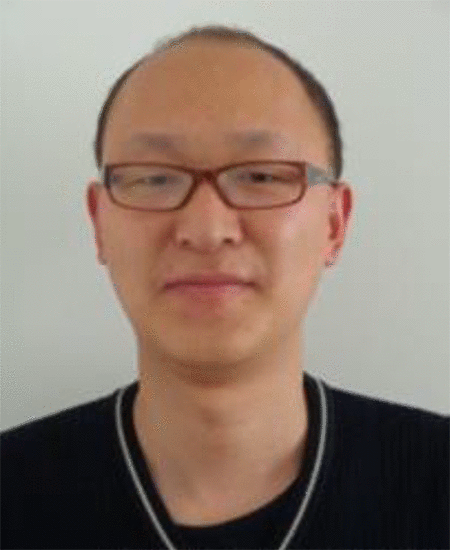
Dexin Zhang
Associate Professor
Affiliation: School of Electronic Information and Electrical Engineering
Personal webpage: [university webpage]
Research interests: spacecraft attitude and orbit dynamics, control, intelligent planning, and semi-physical simulation test technology
Brief introduction: He has long been engaged in the research of satellite orbital dynamics, design, control, operation management, and simulation technology. He has undertaken over ten topics including national major projects, model development, key launch funds, and aerospace funds. He has published more than 20 SCI papers, applied for over 20 patents, and authored one volume of the high-resolution series, “Distributed Satellite Formation Design and Control.” He has accumulated rich research achievements in satellite network design, control, and operation management, and several satellite mission planning software systems independently developed by him have been equipped and applied.
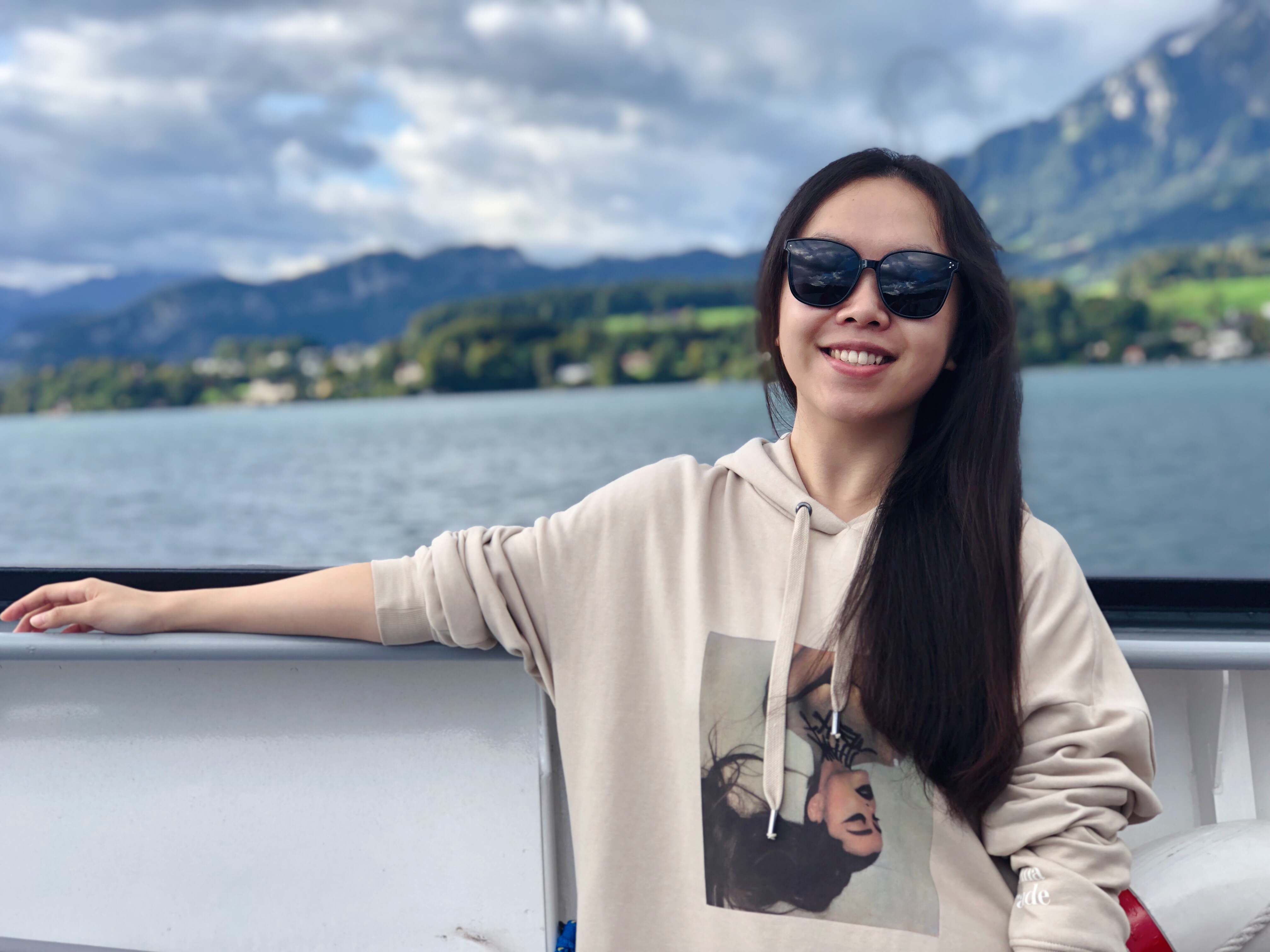
Yuan Tian
Assistant Professor
Affiliation: School of Electronic Information and Electrical Engineering
Personal webpage: [university webpage], [Google Scholar]
Research interests: Large Industrial Models, Large Model Agents, AI for Multi-Agent Collaboration and General Planning and Decision Intelligence
Brief introduction: Design of Autonomous Algorithm Optimization Framework for Large Models: This focuses on the NP-hard problem of multi-agent collaborative planning and scheduling. A fully automatic algorithm optimization architecture driven by large language models is constructed to achieve zero-shot operational planning (such as the knapsack problem) with autonomous algorithm generation and optimization without human intervention. Large Model Construction in the JS Domain: In response to the requirements of scenario data isolation, game-theoretic equilibrium strategies are designed. This includes knowledge rule extraction and fine-tuning of large language models under the dual isolation of information and models. Large Model-Driven Multi-Agent Evolutionary Game: This involves strategic and tactical adversarial scenarios. Large model agents are modeled and formally described, and in-environment training strategies are designed to realize cross-domain and cross-space multi-agent evolutionary games.
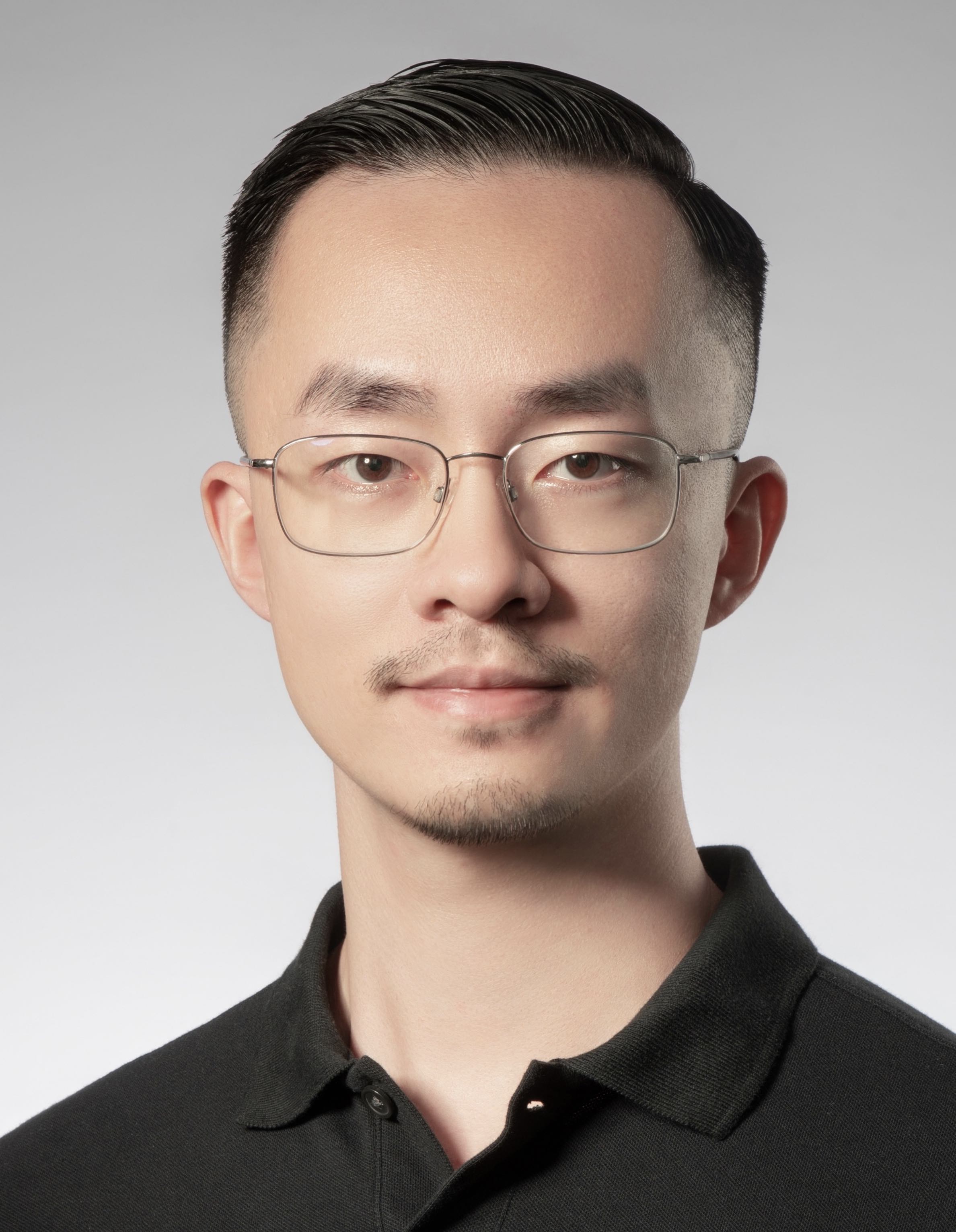
Gan Yu
Assistant Professor
Affiliation: School of Electronic Information and Electrical Engineering
Personal webpage: [university webpage], [personal webpage], [Google Scholar]
Research interests: control, planning and estimation with applications to autonomous vehicles
Brief introduction: Gan Yu specializes in the automation of robotic systems, with a specific emphasis on quadrotor unmanned aerial vehicles and spacecraft. His research endeavors within this discipline encompass a comprehensive investigation into the domains of control, estimation, and motion planning.
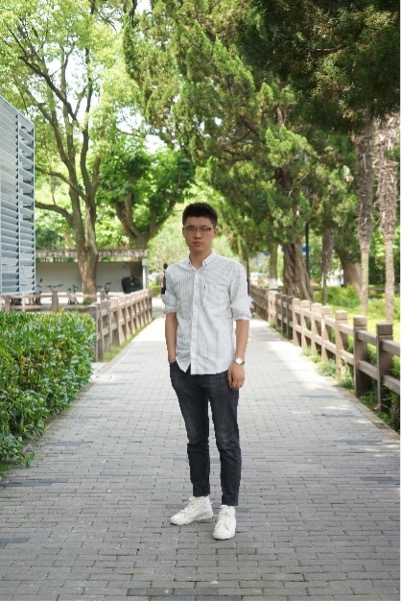
Mingzhi Dai
Post-doctoral Fellow
Affiliation: School of Aeronautics and Astronautics
Research interests: Swarm Intelligence Optimization, Graph Neural Networks, Heuristic Evolutionary Algorithms, Generative Neural Networks, Cluster Analysis Based on Integrated Learning and Optimization Model Learning
Brief introduction: swarm intelligence optimization based on emotional preference and migration behavior models; integrated clustering based on prototype vector-assisted learning methods and models; spectral clustering methods for Laplace graph theory with quadratic weights to alleviate the problem of over-smoothing of the graphical model; collaborative decision making for federated learning for UAV array optimization; product customization for satisfaction of the companion robot’s customer base; prediction of the microbial flora of WWTPs and different Cluster Analysis under Feature Attributes
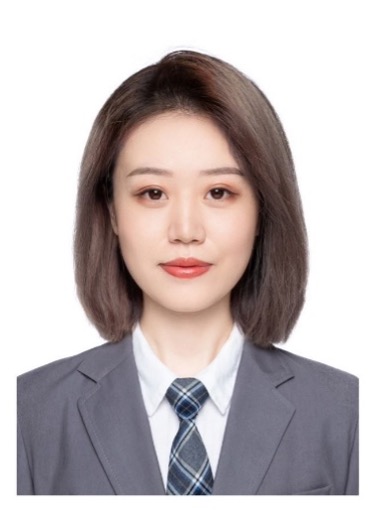
Changyu Chen
Post-doctoral Fellow
Affiliation: School of Electronic Information and Electrical Engineering
Research interests: Water Resource Energy Conversion, Catalytic Hydrothermal Technology
Brief introduction: Engaged in research on water resource energy conversion and catalytic hydrothermal technology, participating in several National Natural Science Foundation projects, government-funded scientific research projects, and industry-sponsored projects. Published 2 academic papers in top-tier international journals in the field of environmental chemical engineering (including Environmental Science & Technology and Chemical Engineering Journal). Filed 4 patent applications.
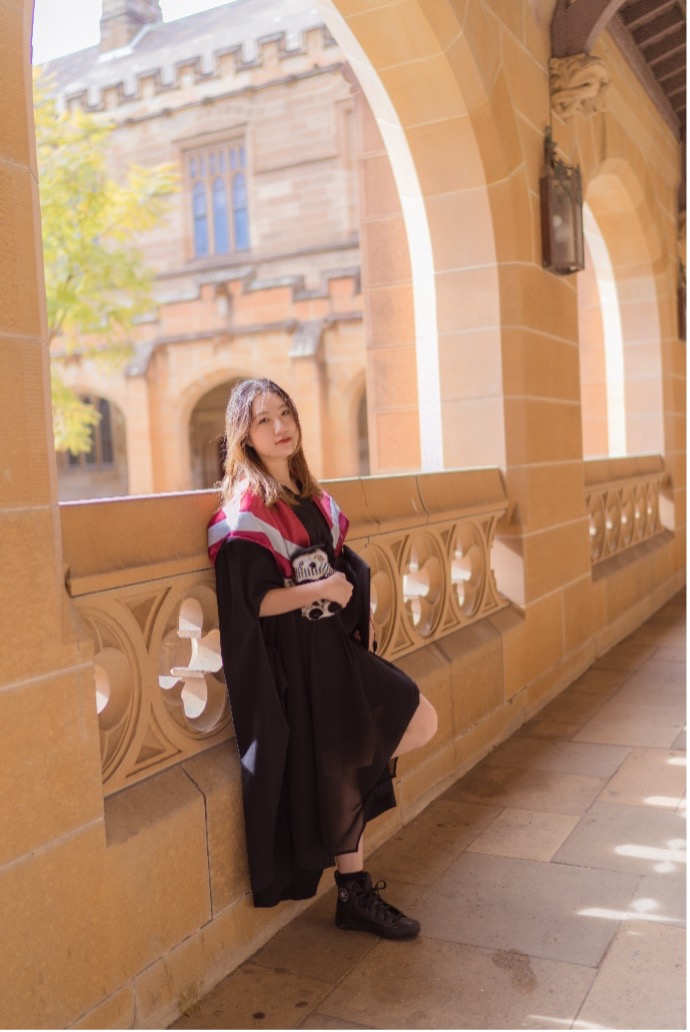
Qi Bing
Post-doctoral Fellow
Affiliation: School of Aeronautics and Astronautics
Research interests: Research on the Evolutionary Techniques of Collective Intelligence in Complex Intelligent Systems
Brief introduction: To address the challenges of evolutionary techniques for collective intelligence, this research aims to develop and validate the ability of complex agents to solve tasks in various scenarios under decentralized control systems. The goal is to explore whether such intelligent group can exhibit emergent intelligence and understand the underlying causes of intelligence emergence.
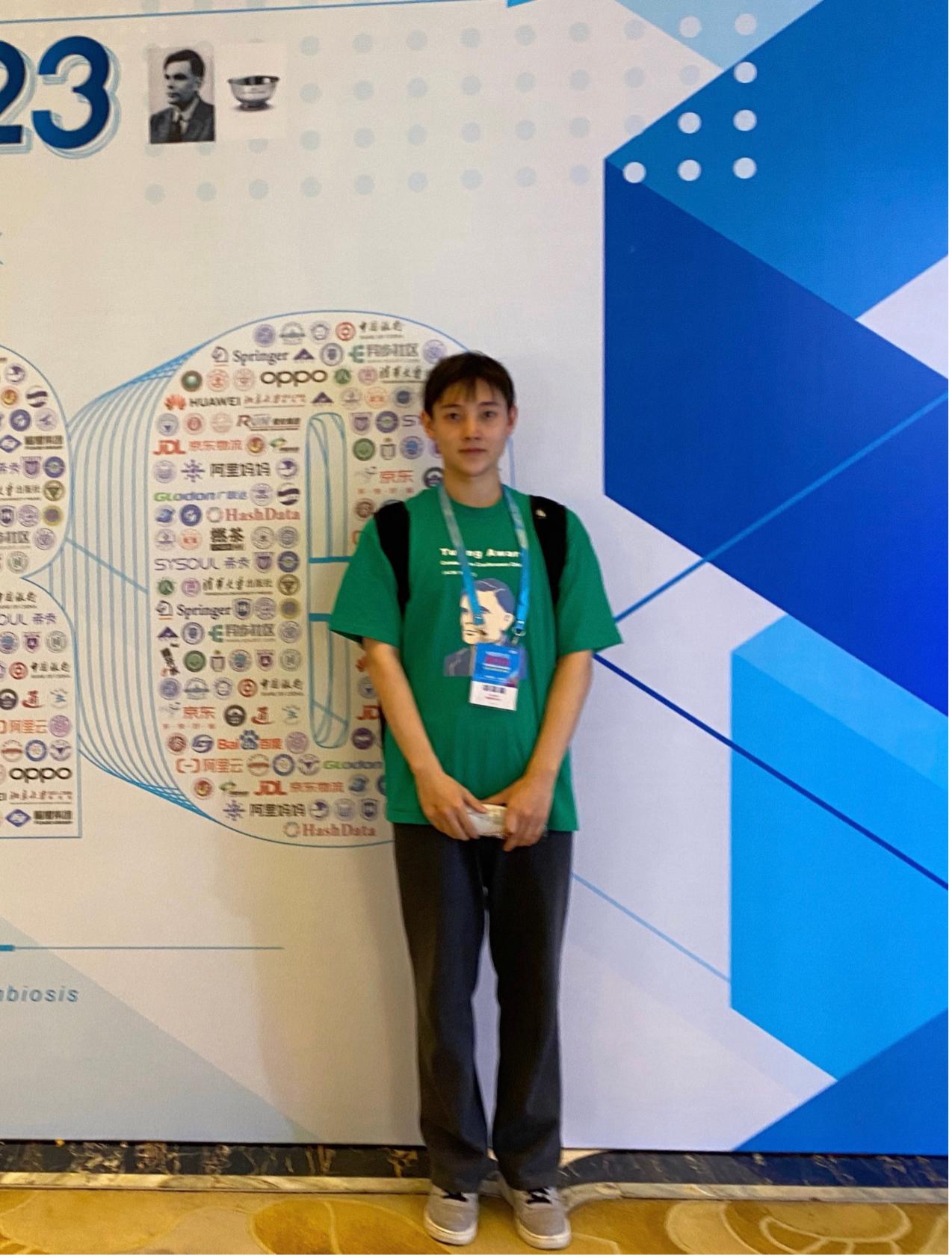
Chenxi Hu
Post-doctoral Fellow
Affiliation: School of Electronic Information and Electrical Engineering
Research interests: natural language processing, optimization and controllable generation of LLMs
Brief introduction: Construct and optimize knowledge discovery models such as named entity recognition, relation classification, and temporal scoping of fact. Develop efficient and robust knowledge discovery models for few-shot and incremental scenarios. Integrate geometric and probabilistic statistical analysis to enhance the interpretability of large models, and improve the legitimacy and safety of content generated by LLMs through unlearning
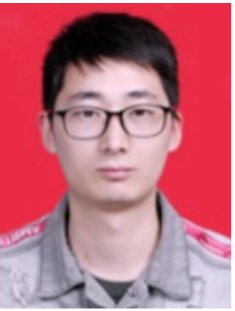
Baoxiang Wang
Post-doctoral Fellow
Affiliation: School of Electronic Information and Electrical Engineering
Research interests: Research on complex dynamics modeling, control and system simulation of satellite formation, Gravitational wave astronomy
Brief introduction: Fine-tuning large models for specific datasets (e.g., civic data) to ensure that they can perform well in specific swarm optimization tasks; Relying on the large model, the group optimization evolution is realized through the game, and the evolutionary game theory is introduced to realize the overall optimization of the group gradually through the dynamic adjustment of individual strategies; Study of generalized relative theory and modification of gravity theory by gravitational wave observation